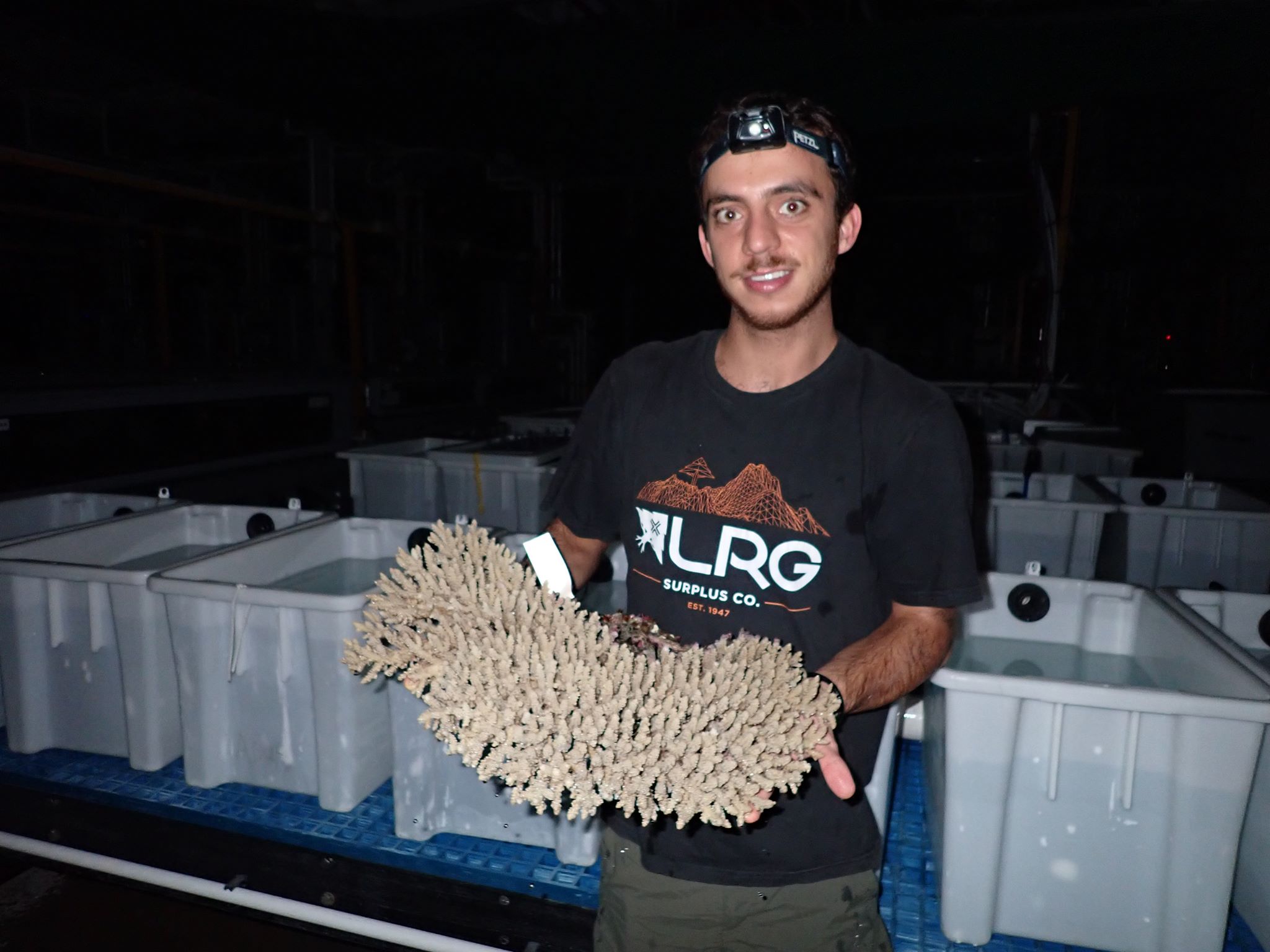 Ph. D. Student
Ph. D. Student
Marine Animal Conservation and Public Engagement Department (CAPE)
Università degli Studi della Tuscia (UNITUS)
Largo dell’Università
01100 Viterbo - Italia
Tel.: +39 3349373895
E-mail: lorenzo.latini(at)unitus.it
Director of Studies: Daniele Canestrelli
UNITUS Supervisor(s): Daniele Canestrelli, Giacomo Grignani
SZN Supervisor: Claudia Gili
Program: Open University, XXX ciclo
Research Interests
Among marine invertebrates, the European lobsters (Homarus gammarus) is one of the most ecologically and economically important decapods crustaceans. Due to overfishing, size and number of European lobster landings has decreased dramatically over the last few decades. The strong decline of the European lobster wild stocks has led to an increased interest in stock enhancement activities characterized by the release of cultured juveniles into the sea.
However, hatcheries rarely attempt to mimic natural conditions, but rather seek to maximize production by limiting mortality, optimizing growth, while minimizing the cost. Such standardized rearing techniques might affect phenotypic traits and thus the ability of juvenile released lobsters to survive and respond in a functional way to environmental challenges. Mortality of newly released juveniles could be the result of maladaptive traits linked to deprived stimuli in the hatchery environment. Understand how phenotypic plasticity acts in response to unnatural rearing conditions is essential for an accurate planning of rearing protocols and thus for the effectiveness of stock enhancement activities. Environmental enrichment rearing procedures may improve the welfare status and survival chances of juveniles and eventually increasing stock enhancement success.
In this project we aim to analyze behavioral, morphological and physiological differences between juveniles reared under different degrees of environmental complexity in order to: i) assess lobster phenotypic plasticity and detect specific temporal windows at which they might be more fit to be released; ii) understand how to implement rearing procedures in order to improve welfare and survival chances of released juvenile lobster.










